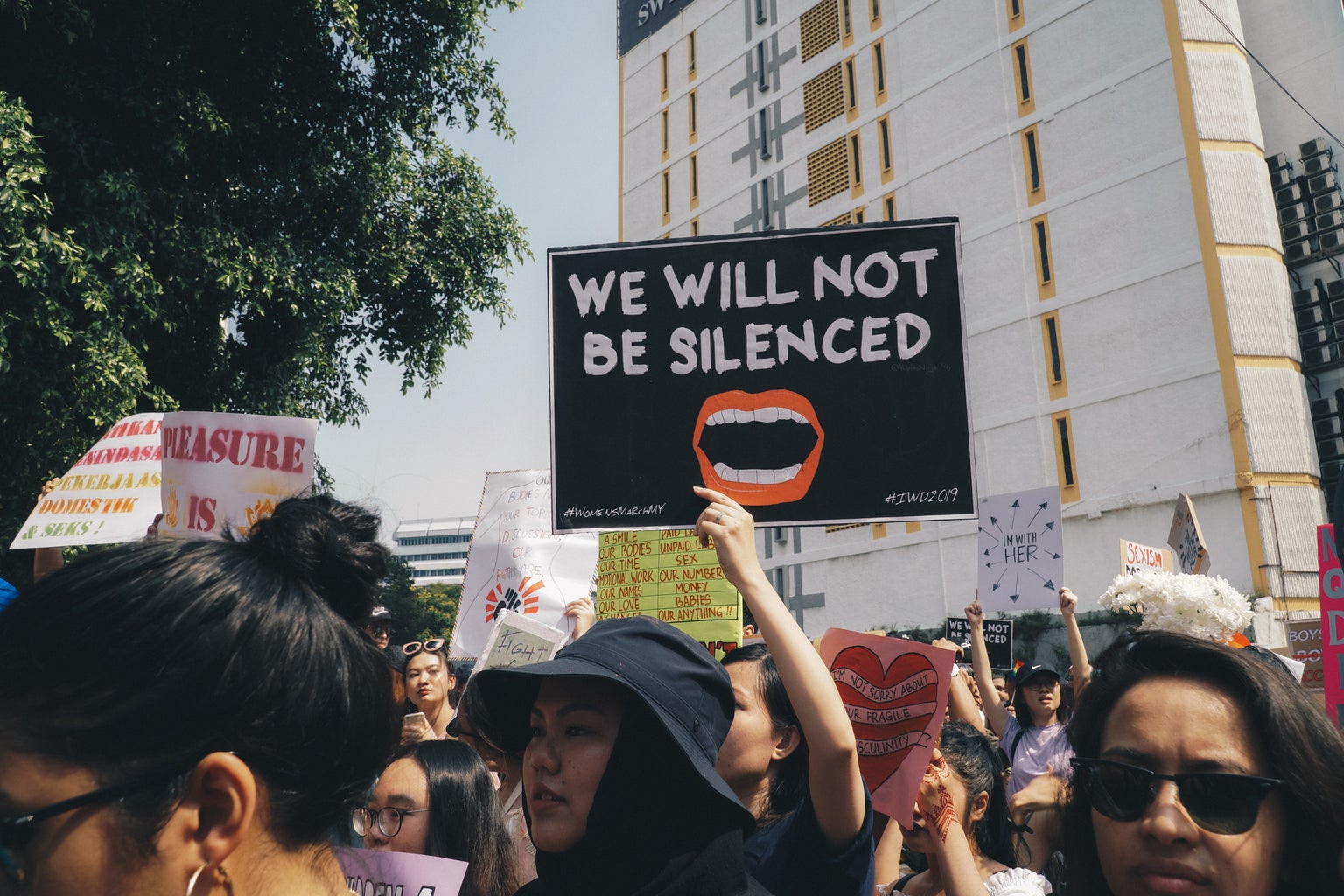Throughout our lives, women’s appearances are praised almost as often as they are policed. I know what it’s like to consume content and compare myself to the perfection on screen. Emily Ratajkowski knows what it’s like on the other side of the screen. In her book of essays, My Body, Ratajkowski writes about her career as a model and the simultaneous empowerment and powerlessness of building a career off of appearances.
I’m not here to criticize Emily for continuing to operate in the systems that her essays critique (reviewers did enough of that in 2021). Instead, I’m coming at this book as a woman who also knows what it’s like to resist— and conform to— gender norms. These are two essays from My Body that I especially connected with.
“Men Like You”
we Don’t Owe our Abusers an Apology
In her essay “Men Like You,” Ratajkowski writes a letter to a photographer, Steve, who belittled her early in her career. She describes first meeting him at 19 and attempting to impress him with her film knowledge. “I so desperately craved men’s validation that I accepted it even when it came wrapped in disrespect,” she writes.
“I will no longer blame myself for having become small and digestible for you.”
– Emily Ratajkowski, My Body
The essay goes on to identify multiple situations that she entered willingly but which ended in men harassing or otherwise degrading her. Despite the abuse she endured, she found that her first instinct was often to justify the men’s actions. “I wasn’t angry, because I thought you (Steve) were right” she writes about the insulting interviews Steve gave about her. “I should be grateful that you looked at me twice.” She remembers giving in to the male gaze that painted her as a commodity to be controlled by the men around her. Reading Steve’s insulting comments, she felt ashamed for ever having willingly associated with him. “(It) felt as if I’d betrayed and fetishized myself to be appealing to you,” she writes. She compares her instincts to those of other girls mistreated at the hands of powerful men. “Maybe many years from now, maybe next week, those girls will suddenly feel upset at something and not know why,” she writes of these girls. “They’ll feel small and blame no one but themselves.”
It is normal for victims of assault to accept and justify abuse as a result of their own actions. This shame and self-minimization is a part of the process that isn’t talked about as openly because it opens women up to criticism in an environment that is already set up against them. Ratajkowsy’s raw honesty really stood out to me, because I understand the impulse to minimize painful experiences through self-blame and doubt.
The essay ends with Ratajkowski’s denouncement of Steve and the exploitative power structure that he represents. “I do not believe I owe you anything,” she writes. “I will no longer blame myself for having become small and digestible for you. I have grown past shame and fear and into anger… I will proclaim all of my mistakes and contradictions, for all the women who cannot do so, for all the women we’ve called muses without learning their names, whose silence we mistook for consent. I stood on their shoulders to get here.”
“Releases”
we are allowed to show our anger
In her essay “Releases,” Ratajkowski describes a recurring dream in which she is filled with rage as a figure looms before her. The figure won’t react to her anger, even when she yells and throws punches. When she wakes up, she’s embarrassed by the intensity of her anger. “I tell myself that I don’t deserve this degree of fury,” she writes.
When she finally shares this dream with a therapist, they analyze how she has compartmentalized her own anger in order to be more digestible as a woman. “No one likes an angry woman,” she writes. “I try to make anything resembling anger seem spunky and charming and sexy… I invoke my most reliable trick— I project sadness— something vulnerable and tender.”
“I know that women cry out of shame.”
– Emily Ratajkowski, My Body
Though I have never consciously chosen to cry rather than yell out of anger, the tears have come anyway. I remember once being so frustrated by a high school deadline that I confronted my teacher. My hands shook and I grasped for words, but all I got in response was tears. I rushed to the bathroom to hide until my breathing steadied, and only returned to the room once I’d wiped away the last evidence of my emotions. I hid because I was ashamed: the last thing I wanted was to be perceived as hysterical. My tears felt like an admission of weakness.
Ratajkowski describes working with her therapist to learn how to express her anger. When her therapist asks her to throw a jar at a wall as an exercise, Emily starts to cry. “This is just so silly,” she tells her therapist. The therapist doesn’t believe that this is the real reason behind her tears, and Emily confesses the real reason in the essay. “I know that women cry out of shame,” she writes. “We are afraid of our anger, embarrassed by the way that it transforms us.” Ratajkowski is most afraid of giving up the control she gains from distancing herself from her emotions. When she finally throws the jar, it feels like a release.
The tendency to cry out of anger, as well as the shame associated with it, is well-recorded in studies on gender-norms of emotional expression. “It appears that the world is not primed to see anger in females,” writes Suzanne Degges-White Ph.D. for Psychology Today. “If the natural expression of anger is an expression that women are not supposed to show, how are they ‘supposed’ to respond when someone makes them mad?” The answer, both physiologically and socially, is that women tend to react to strong emotions with tears that can be likened to weakness in certain social environments.
We’ve all been told before that tears are cathartic and even healthy, but it’s easier to hear this fact than to accept it against the socialized impulse to feel shame at our emotions. Ratajkowski’s honesty made me feel seen in all of my complicated emotional responses.




